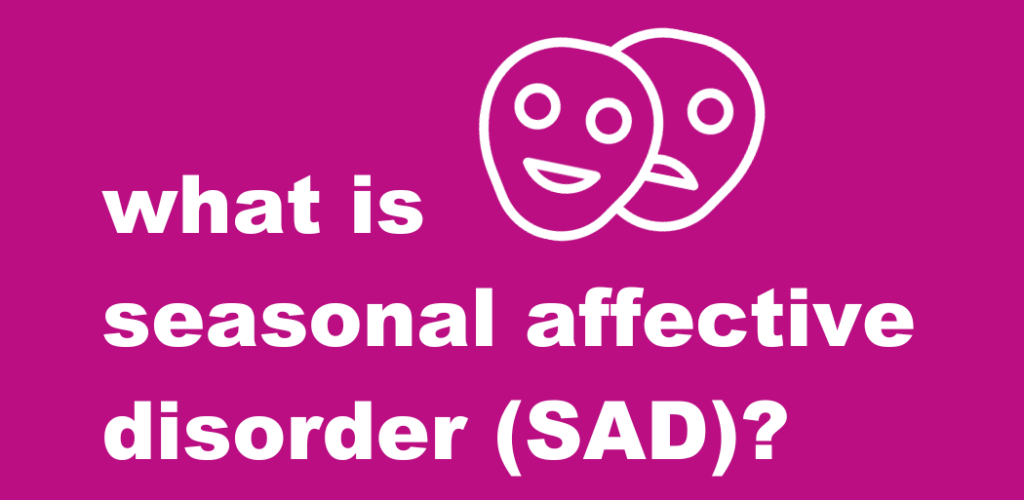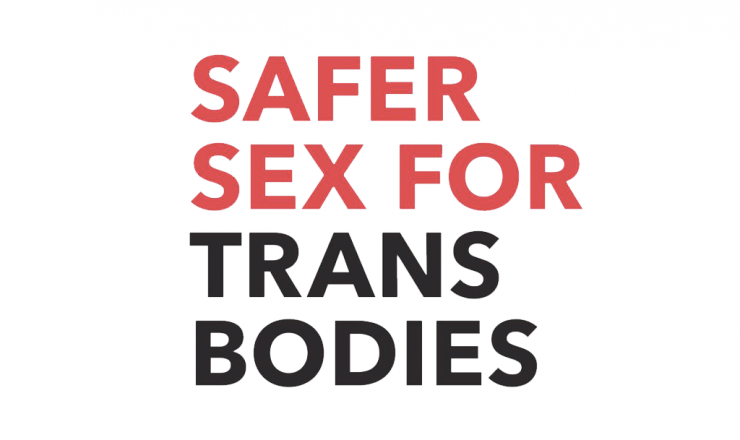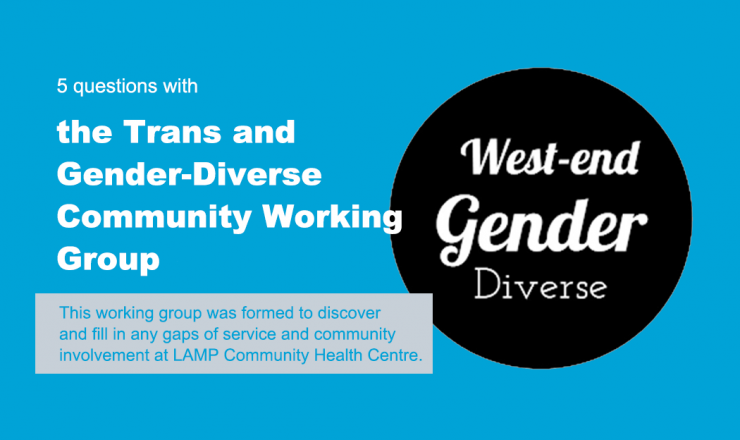

Have you ever noticed that you feel a little more down during the colder months when we get less sun? Maybe you feel more depressed, or tired, maybe it feels a little harder to get out of bed and do the things you normally enjoy. You might even feel like you’re just generally quicker to anger or feel more irritable. The list of symptoms is actually pretty long, and it can sometimes be hard to pinpoint where it all comes from. Seasonal Affective Disorder might be something worth looking into if this is sounding familiar! This article will talk about Seasonal Affective Disorder, how to recognize it, and some possible treatment options too!
Seasonal Affective Disorder, or SAD is a type of depression. Remember that depression is different from regular sad or angry feelings. It’s not usually the kind of thing that just goes away when you snap out of it or get over whatever was making you upset. It’s an actual medical condition that’s usually rooted in things like chemical imbalances in your brain, genetics, and hormones. We call it Seasonal Affective Disorder because it usually affects people most during months where the weather is coldest and there’s the least amount of sun. It’s thought that Melatonin, a hormone that affects your sleep, is pretty closely linked to SAD. We know for sure that Melatonin helps your body regulate its sleep cycle, and your body produces more of it when it’s dark and its expecting to sleep. Sometimes people use Melatonin supplements when their sleep schedules are out of whack, but if we have too much of it in our bodies, it can start to affect our mood and energy levels.
SAD, just like other forms of depression, has a long list of symptoms. Some of these might be related to other things you’re experiencing in your life including other mental health conditions, and some of them might seem like regular mood changes. The difference with symptoms of depression is that they tend to stick around no matter what you do. Here are some common ones:
Remember these are symptoms shared by a lot of other conditions, so if they’re sounding familiar it doesn’t mean you absolutely have SAD (this isn’t a Web MD search!), but if enough of them are ringing a bell it could be worth speaking to a mental health professional about it. Just because it’s seasonal and might be less intense during the summer months, doesn’t mean you don’t deserve to have treatment options available!
Often SAD is treated like other forms of depression.
One thing that will always be recommended regardless of what kind of depression you’re struggling with is doing your best to care for your body. Eating well, exercising regularly, drinking lots of water, and spending time with people you care about can all contribute to a better and more stable mood. This doesn’t mean that simply taking care of yourself in these ways will cure your depression, but it can make the other forms of treatment more effective. Do what you can, and try to add on things a bit at a time. Trying to force yourself into all these new habits at once can be really daunting and make it harder to stick to. You know best what you’re capable of and what’s accessible to you, these are just some suggestions that some people find work for them and who knows, they may work for you too!
If you have questions about this topic, feel free to contact one of our peer educators. [Link]
Last Updated: January 2024

What do you do when you get a positive STI test *after* a break up? How do you tell your fresh new ex? Here are some tips!

We’re so so so stoked about Safer Sex for Trans Bodies, a fantastic new resource from The HRC Foundation and Whitman-Walker Health.

Find out more about the Trans & Gender-Diverse Community Working Group, hosted by LAMP Community Health Centre.